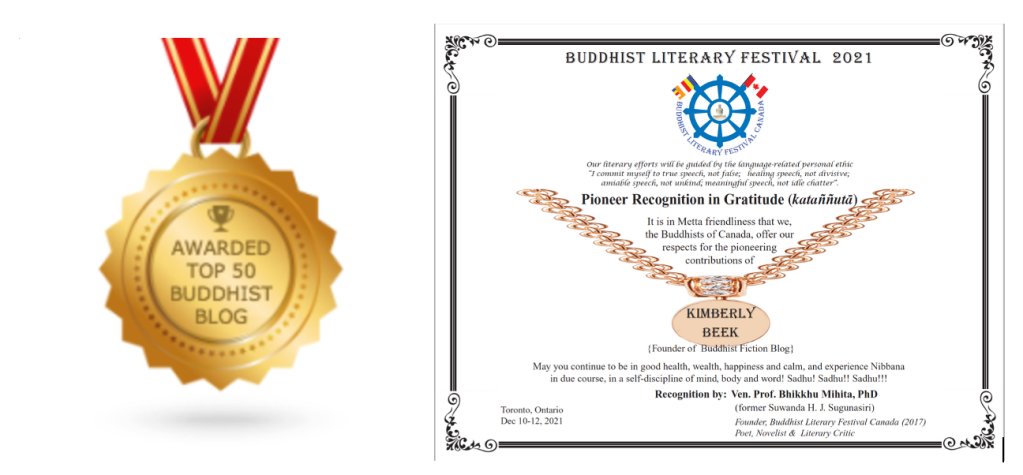My Canadian winter has been very dark so far this year, and while I yearn for sunshine, I am also trying to appreciate winter as a period of sheltering in place, a time for getting cozy and imbibing in stories.
I like to think that a global equivalent to Canadian winters is the rainy season in places like India, where, in the past, mendicants and monks gathered in forest groves, and later, monasteries during the rainy season when travel was more challenging. Such gatherings provided opportunities for religious discourse and community building – in other words, storytelling.
With all things cozy and storytelling in mind, this January I have enjoyed reading James Norbury’s book The Cat Who Taught Zen (2023, New York: William Morrow). At first glance, it looks like a children’s book, but in point of fact is for all ages. Norbury has written AND illustrated the book with lovely watercolour sketches. Amazon.com currently ranks it at #15 of all Zen philosophy books, in amongst works like Thich Nhat Hanh’s No Mud, No Lotus (2014) and Marie Kondo’s Spark Joy: An Illustrated Master Class on the Art of Organizing and Tidying Up (2016). Yes, I know . . . looking past the silliness of Amazon genre classifications, The Cat Who Taught Zen is exactly what I needed in January.
I first tripped across Norbury’s work through his art postings on Instagram. His previous book Big Panda, Tiny Dragon (2021) was preceded by months of social media postings of his artwork depicting his characters Big Panda and Tiny Dragon, accompanied with pithy captions. I still follow Norbury for daily doses of feel-goodness.
In The Cat Who Taught Zen, Norbury takes his reader on an insightful journey filled with discerning animals, and in particular, a Cat. Almost every page has gorgeous illustrations: some line drawings, some watercolour, and some combination. In all there are 169 pages of illustrated story, followed by an Afterward that begins with the line “Zen can be a confusing idea.”
Norbury’s book fit the bill for a cozy January fiction read that made me feel like I was immersed in Buddhist storytelling. If I have one quibble, it is with the Afterward, which lacks citations to the Zen stories on which, Norbury says, he based his own story. I guess what I’m trying to say is that while I appreciate Norbury’s book as something of a storytelling escape, I’m growing tired of the decontextualization of Zen to commodify it as a self-help tool. Interestingly, Amazon currently ranks The Cat Who Taught Zen as #366 in the Happiness Self-Help category.




